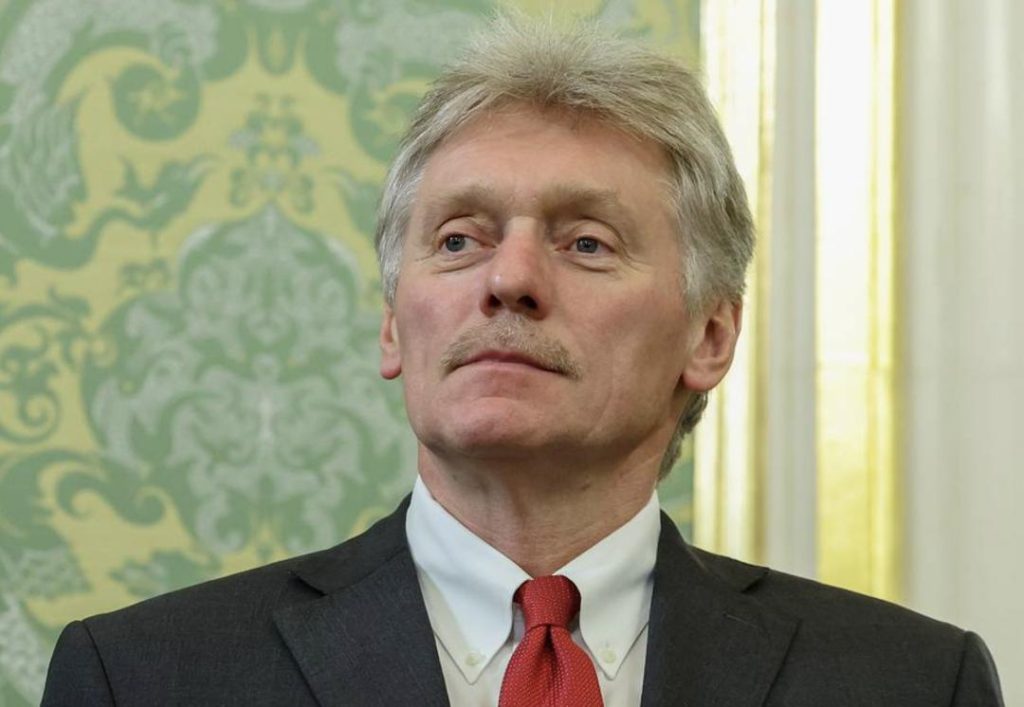
Title: Military Conflicts in Ukraine & Iran are Incomparable: Russia
The military conflicts in Ukraine and Iran are two distinct and separate issues, and it is unfair to draw parallels between them. This is the stance taken by Russian spokesperson Dmitry Peskov, who emphasized that the two conflicts are incomparable in their essence and nature. In a recent statement, Peskov highlighted the difference between the two conflicts, stating that Israeli attacks on Iran were not provoked, unlike the situation in Ukraine.
The conflict in Ukraine began in 2014, when the Ukrainian government, backed by the United States and the European Union, ousted the pro-Russian government of Viktor Yanukovych. This led to the annexation of Crimea by Russia and the outbreak of a separatist conflict in eastern Ukraine between pro-Russian separatists and the Ukrainian government. Russia’s involvement in the conflict has been a subject of much debate and controversy, with many accusing Moscow of fueling the conflict and violating international law.
In contrast, the conflict in Iran began on September 22, 2022, when Israel launched airstrikes on Iran’s nuclear facilities, in response to a reported Iranian drone attack on an Israeli-held Golan Heights settlement. The strikes, which were carried out by Israeli fighter jets, targeted what Israel described as “Iranian targets” in the country. Iran has denied any involvement in the attack, and has accused Israel of “provoking” the conflict.
Peskov’s statement highlighting the difference between the two conflicts is significant, as it underscores the distinct nature of each conflict. In the case of Ukraine, the conflict is a product of a complex web of political and economic interests, with multiple parties involved. In contrast, the conflict in Iran is a direct result of Israel’s military action, and is characterized by a clear and immediate threat to national security.
The Russian spokesperson’s statement also highlights the fact that Israel’s attacks on Iran were not provoked, unlike the situation in Ukraine. This is a significant distinction, as it underscores the fact that Israel’s actions in Iran were not a response to any previous attack or provocation, but rather a pre-emptive strike aimed at preventing a perceived threat.
This distinction is important, as it highlights the different motivations and goals of the parties involved in each conflict. In the case of Ukraine, the conflict is driven by a complex web of political and economic interests, with multiple parties involved. In contrast, the conflict in Iran is a direct result of Israel’s military action, and is characterized by a clear and immediate threat to national security.
Peskov’s statement also underscores Russia’s support for Iran in the face of Israeli aggression. Russia has consistently condemned Israel’s actions in the region, and has called for an immediate end to the conflict. This support is significant, as it highlights Russia’s commitment to maintaining good relations with Iran and its desire to promote stability in the region.
In conclusion, the military conflicts in Ukraine and Iran are two distinct and separate issues, and it is unfair to draw parallels between them. The conflict in Ukraine is a complex and multifaceted issue, driven by a web of political and economic interests. In contrast, the conflict in Iran is a direct result of Israel’s military action, and is characterized by a clear and immediate threat to national security. Russia’s spokesperson Dmitry Peskov has highlighted the difference between the two conflicts, emphasizing that Israeli attacks on Iran were not provoked, and that Russia supports Iran in the face of Israeli aggression.
News Source:
https://tass.com/politics/1981557/amp



